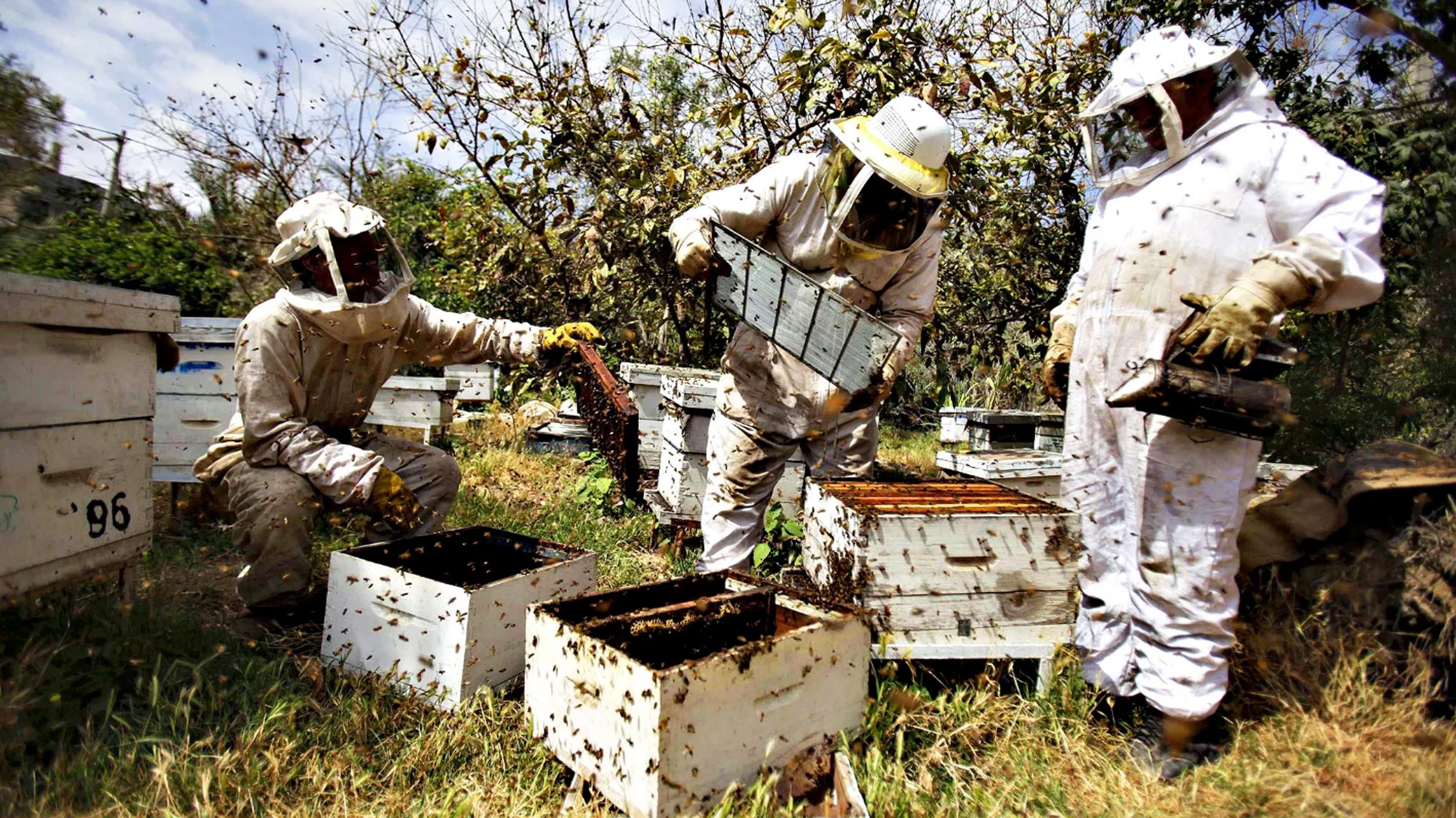Prime
Beekeeping could be game changer for Parish Model

What you need to know:
- This implies eradication of poverty and vulnerability, as well as total transformation of the subsistence households into the money economy.
The purpose of the Parish Development Model (PDM) is to deepen the decentralisation process; improve household incomes; enable inclusive, sustainable, balanced and equitable socio-economic transformation; and increase accountability at local levels.
This implies eradication of poverty and vulnerability, as well as total transformation of the subsistence households into the money economy.
It is everybody’s concern to see that the rural communities generate sustainable incomes as soon as possible. Of the various livestock enterprises; poultry, fisheries, Dairy farming, piggery, among others, beekeeping enterprise offers one of the best options for the rural communities and commercial farmers because of its minimal requirements for land, machinery and equipment, labour and capital investment.
The revenue potential for beekeeping is estimated at $10,400 per year with the project cost of $7,345 and a profit margin of 73 percent, hence proving to be a viable project.
In Uganda, honey production potential is enormous, estimated at 500,000 metric tonnes per year. This potential is not yet fully exploited. The basic knowledge and skills needed to exploit the honey production potential are lacking among the technocrats and farmers.
Honey bees are social insects that live in colonies of 10,000 to 60,000. A colony consists of a queen (fertile female), a few hundred drones (males) and thousands of workers (sterile females).
As a source of food, honey is delicious and rich in energy and vitamins. It can be consumed whole or mixed with other foods as supplement. Bee brood (larvae and pupae) have high nutritional value and are fed to malnourished children. Royal jelly and pollen are consumed for their high protein value and it greatly improves food security
Honey is used as a carrier in ayurvedic and unani medicines. It acts as a laxative and prevents cold, cough and fever. Bee products such as venom, honey and propolis are used for treatment of many conditions following the antibiotic nature of the products. The conditions/diseases treated using bee products include stomach upsets, diarrhoea, vomiting, wounds, burns, measles, toothaches and fungal infections.
Chemically, honey is a viscous water solution of sugar. Its approximate composition in percentage is as follows: Water 13-20 ,Fructose 40-50, Glucose 2-3 ,Minerals Traces ,Vitamins (minute quantities) (B1, B2, C).
Bee venom is anti-inflammatory and is used by humans to relieve pain. It is effective in treating the symptoms of rheumatoid arthritis, neuralgia, high blood pressure, high cholesterol and even multiple sclerosis hence high potential for income generation.
Honeybees provide pollination services, thereby playing a vital role in food production and overall agricultural productivity.
More than 75 percent of all the crops in sub Saharan Africa benefit from pollination.
Bees are considered the most efficient pollinators because they have hairy bodies, which easily pick up pollen grains as they move about in flowers. In a single day one bee may visit several hundred flowers.
Beekeeping is a non destructive activity that could be employed in the conservation of plant biodiversity in natural ecosystems. Households living adjacent these areas can support the conservation efforts of these resources by establishing apiaries within or at the boundary of these protected areas. More so beeswax can be used in making candles, preparation of varnishes and paints, water proofing and waxing of threads. Honey is utilised for making alcoholic drinks, beauty lotions and poison baits for certain insect pests which fetch a lot of money.
To wrap it up, PDM is the last mile strategy for service delivery by government for improving incomes and welfare of all Ugandans at the household level, which should be maximally utilised through encouraging farmers to practice bee keeping.
The African Development Bank and the government of Uganda through the Farm Income Enhancement and Forest Conservation (FIEFOC) Project, under Apiculture Promotion sub-component embarked on a series of interventions, standardisation of the national training document through the National Bee Keeping Training and Extension Manual, which needs to be greatly implemented under the PDM.
Bee keeping will immensely contribute to achievement of Vision 2040 that aims to transform Ugandan society from a peasant to modern and prosperous country.
Kembabazi Babra




